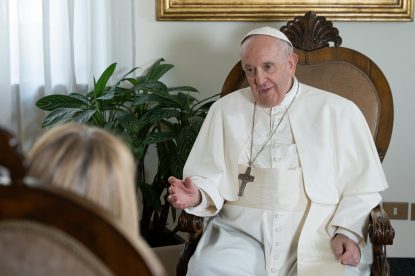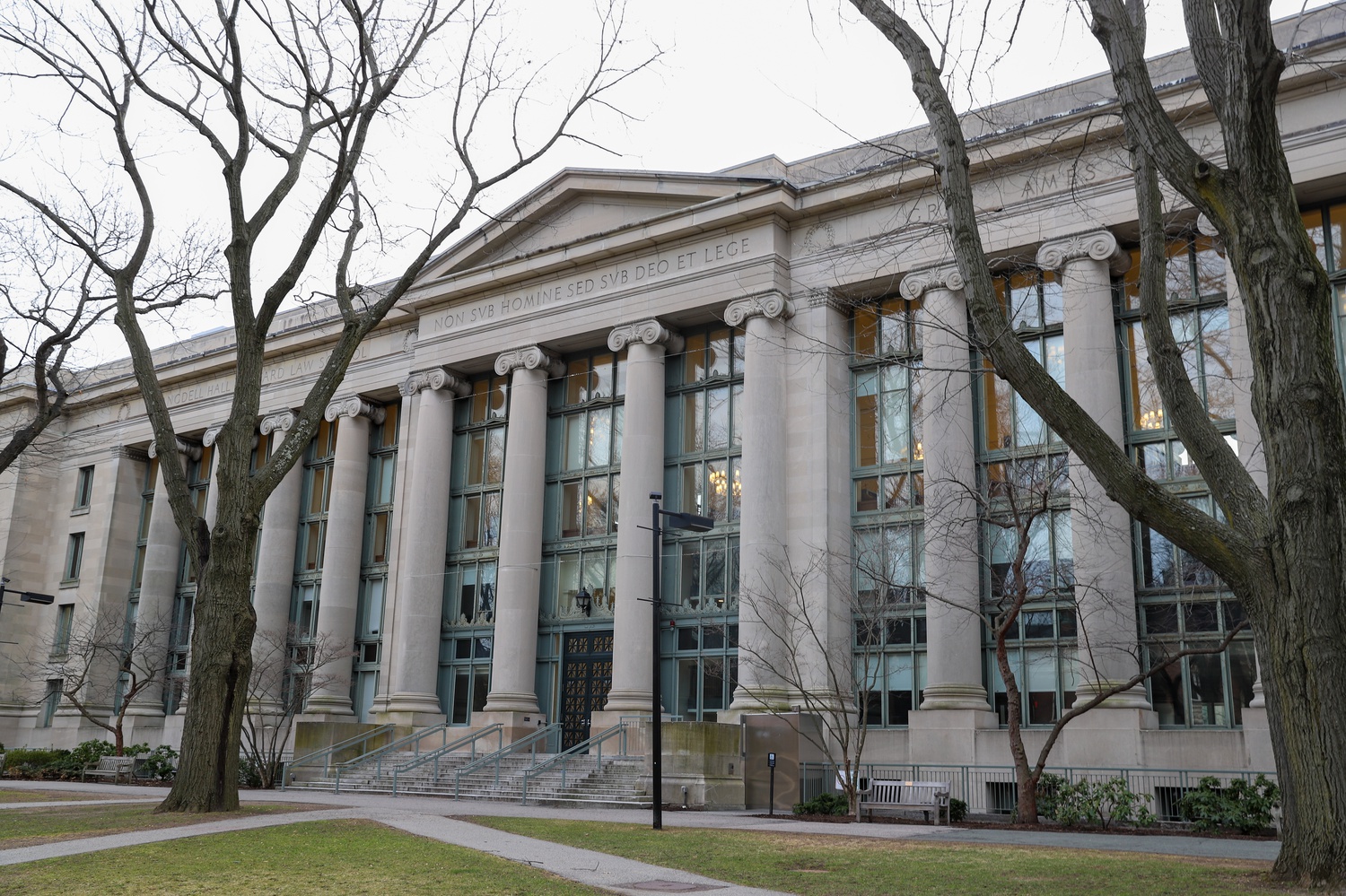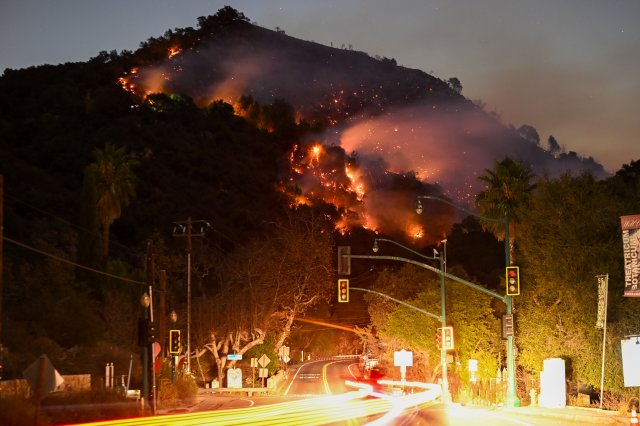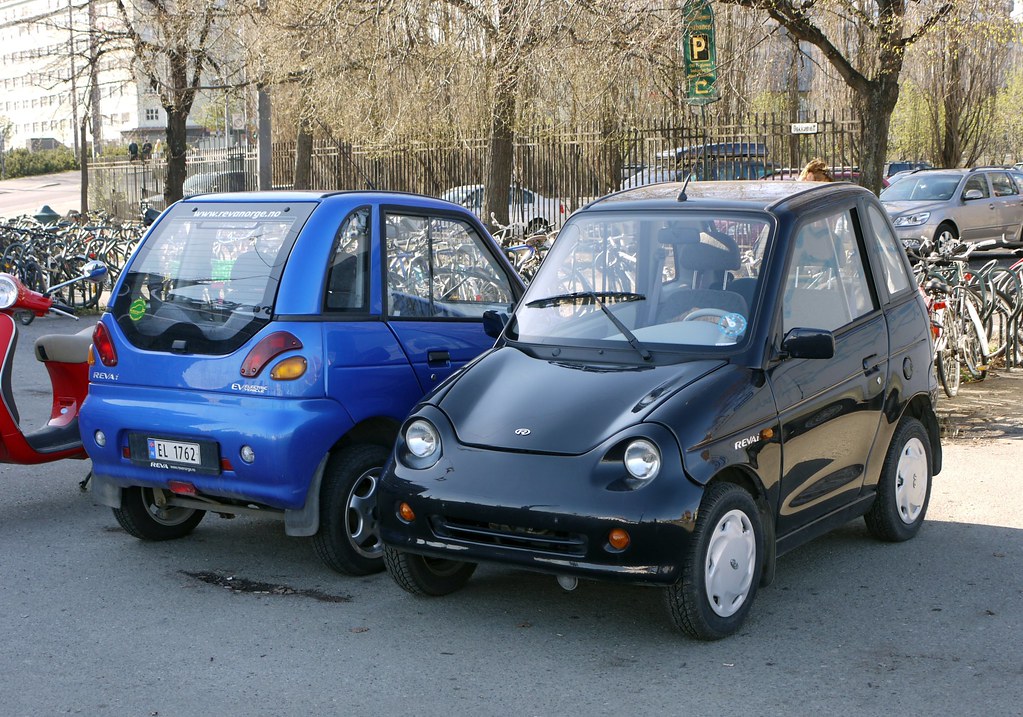Pope Francis' Legacy: The Conclave's Crucial Test

Table of Contents
Francis' Defining Policies and Their Impact
Pope Francis' tenure has been defined by a series of bold initiatives impacting various aspects of the Catholic Church. His legacy will be judged not only on their immediate success but also on their lasting influence on future pontiffs.
Social Justice and Environmental Concerns
Francis' strong emphasis on caring for the poor and the environment, most notably articulated in his encyclical Laudato Si', has resonated globally. This papal encyclical on the environment has significantly impacted global conversations around climate change and social inequality, inspiring countless initiatives focused on integral ecology.
- Examples of specific initiatives launched under Francis:
- The creation of the Dicastery for Promoting Integral Human Development, consolidating various Vatican offices dealing with social justice issues.
- Increased focus on migration and refugee crises, advocating for compassion and welcoming policies.
- Numerous speeches and public statements urging action on climate change and sustainable development.
This commitment to social justice extends beyond mere rhetoric, influencing the Church's practical engagement with global challenges. His actions have established a strong precedent for future Popes to prioritize these issues within the Church's doctrine and practice.
Ecumenical Dialogue and Interfaith Relations
Pope Francis' papacy has witnessed an unprecedented level of engagement in ecumenical dialogue and interfaith relations. He has actively sought to build bridges with other Christian denominations and world religions, promoting understanding and cooperation.
- Successful examples of interfaith cooperation and dialogue:
- Joint declarations with leaders of other Christian churches, affirming shared beliefs and commitment to ecumenism.
- Meetings with leaders of various world religions, fostering mutual respect and collaboration on issues of common concern.
- Participation in interfaith events and initiatives, promoting tolerance and peaceful coexistence.
This commitment to dialogue signals a significant shift in the Catholic Church's approach to interfaith relations, emphasizing collaboration over confrontation and fostering a spirit of mutual respect. The legacy of these efforts will continue to shape interreligious understanding in the coming years.
Church Reform and Governance
Pope Francis initiated significant reforms within the Vatican bureaucracy (Curia), aiming to streamline operations and enhance transparency. However, these reforms faced considerable opposition and challenges.
-
Key reforms attempted:
- Restructuring of various Vatican departments to enhance efficiency.
- Increased focus on financial transparency and accountability.
- Efforts to decentralize power and empower local churches.
-
Opposition encountered and lasting effects on Vatican governance:
- Resistance from conservative factions within the Curia.
- Challenges in implementing reforms effectively due to entrenched bureaucratic structures.
- The long-term implications of these reforms remain to be seen, with ongoing debates about their efficacy.
Challenges and Controversies Facing the Next Pope
The next Pope will inherit a Church facing significant internal and external challenges. Successfully navigating these complexities will require skillful leadership and a clear vision for the future.
Conservative Opposition and Internal Divisions
Pope Francis' progressive stance on several issues has encountered strong resistance from conservative factions within the Church. This opposition has resulted in significant internal divisions and debates on various theological matters.
- Specific examples of conservative opposition to Francis’ policies:
- Criticism of his more inclusive approach to divorced and remarried Catholics.
- Resistance to changes in liturgical practices.
- Debate over traditional interpretations of Catholic doctrine.
This internal tension will continue to shape the future direction of the Church, requiring the next Pope to address these divisions constructively and navigate the different theological viewpoints.
The Future of Catholic Doctrine and Teaching
The question of the future direction of Catholic doctrine and teaching is central to the legacy of Pope Francis. Will his successor build upon his more inclusive and progressive approach or return to more traditional interpretations?
- Key theological issues likely to be debated in the post-Francis era:
- The role of women in the Church.
- The interpretation of traditional moral teachings on sexuality.
- The approach to ecumenism and interreligious dialogue.
The next Pope's approach to these issues will significantly shape the Church's future trajectory and influence the global perceptions of Catholicism.
Global Challenges Facing the Catholic Church
The Catholic Church confronts numerous global challenges, including secularization, declining attendance in many Western countries, and internal scandals, notably cases of clerical sexual abuse.
- Major geographical and social challenges facing the Catholic Church:
- The decline in religious practice in traditionally Catholic countries.
- The rise of secularism and religious indifference.
- Addressing the ongoing crisis of clerical sexual abuse and its impact on the Church's credibility.
The Conclave and the Future Direction of the Church
The upcoming conclave will be a crucial moment for the Catholic Church. The Cardinals' choice will profoundly shape the Church’s trajectory for years to come.
Predicting the Next Pope's Profile
Speculating on the next Pope's profile is complex, influenced by the current dynamics within the Church. However, several potential scenarios exist, from a continuation of Francis' reformist trajectory to a more conservative approach.
- Possible characteristics and theological leanings of potential candidates:
- A candidate who builds upon Francis' social justice focus.
- A candidate who emphasizes a return to more traditional interpretations of Catholic doctrine.
- A candidate who seeks a balance between reform and tradition.
The Weight of Francis' Legacy on the Conclave
Pope Francis' legacy will inevitably cast a long shadow over the conclave. Cardinals will need to consider whether they want to maintain the momentum of his reforms or adopt a different direction.
- Key aspects of Francis' legacy likely to shape the conclave's decision:
- His emphasis on social justice and environmental concerns.
- His efforts to promote ecumenical dialogue and interfaith relations.
- His attempts to reform the Vatican bureaucracy.
Conclusion
Pope Francis' legacy is multifaceted and far-reaching, leaving an indelible mark on the Catholic Church. The upcoming conclave presents a crucial test, determining whether his reforms will be continued, modified, or reversed. The College of Cardinals’ choice will not only shape the future of the Church but will also define the lasting impact of Pope Francis' papacy. Understanding the challenges and opportunities ahead is vital to fully grasping the significance of this pivotal moment. Further exploration of Pope Francis' legacy and its implications for the future of the Catholic Church is encouraged to gain a deeper understanding of the complex issues facing the Church.

Featured Posts
-
 Trump Administration Targets Harvard 1 Billion Funding Cut Imminent
Apr 22, 2025
Trump Administration Targets Harvard 1 Billion Funding Cut Imminent
Apr 22, 2025 -
 The Economic Fallout Of Trumps Trade Actions Assessing The Risk To Americas Financial Primacy
Apr 22, 2025
The Economic Fallout Of Trumps Trade Actions Assessing The Risk To Americas Financial Primacy
Apr 22, 2025 -
 Examining The Synergies Sweden And Finlands Contribution To A Pan Nordic Defense
Apr 22, 2025
Examining The Synergies Sweden And Finlands Contribution To A Pan Nordic Defense
Apr 22, 2025 -
 The Disturbing Trend Of Betting On The Los Angeles Wildfires
Apr 22, 2025
The Disturbing Trend Of Betting On The Los Angeles Wildfires
Apr 22, 2025 -
 Car Dealers Renew Fight Against Ev Mandates
Apr 22, 2025
Car Dealers Renew Fight Against Ev Mandates
Apr 22, 2025
